During these times, the most important members of NFL organizations aren't just the head coaches and general managers. They're also the heads of information technology.
For the Giants, that man is Justin Warren.
Under normal circumstances, technology would play a major role in football ops from the start of free agency through the draft. However, due to facility closures and travel restrictions during the pandemic, the reliance on technology to communicate is at its peak.
"We've done our best to mimic business as usual. Obviously, it's not," vice president of football operations and assistant general manager Kevin Abrams said Monday on a conference call. "But without going into details about what technologies we're using, I don't think our IT department would appreciate that, we've tried to mimic how our meetings typically operate, both for the coaches and for our scouting meetings right now. The fact that it's all been virtual is obviously the biggest difference.
"But the dialogue, the conversation, the agenda, the itineraries for the meetings go as always. I don't think we've missed a beat. A lot of that goes to Justin Warren in our IT department, Ty Siam in Football Tech, Eddie Triggs is running our operations. It hasn't been perfectly smooth, but it's been smoother than anyone could have expected. Whatever hiccups we've encountered, I think everyone has shown patience and the ability to adjust so we can get to operating the way that we need to. It's been pretty exceptional so far, and a lot of people deserve a lot of credit. People that wouldn't normally get recognized."
General manager Dave Gettleman, on the same call, added, "As Kevin said, we're really making it work. One of the exciting things for me as an old man working with these young guys and the technology, they're really thoughtful and intentional about it. Really, Chris Pettit has done a great job, our Director of College Scouting, in terms of coordinating all this, working with Ty and Ed Triggs and Justin Warren, has just done yeoman's work with us. We're moving along. Listen, there are people in a lot worse situations than us. We're thankful and we're moving along. We're going to get this right."
April is typically a time for NFL clubs to invite prospects, up to 30 total, to team headquarters for a job interview. The player tours the facility, meets everyone, and then sits down to talk some Xs and Os. Essentially, it is an opportunity to get a feel for the person you may invest draft stock.
This spring is different.
Clubs must rely solely on video conference interviews to supplement information gathered from throughout the college football season, all-star games, and the NFL Scouting Combine in February, which now seems like a lifetime ago for all parties involved.
"I'm a city kid and a big believer in body language," Gettleman said. "It's okay. It's not great, it's not perfect, it's okay. For me, what we miss is watching them interact, the '30 visit' guys, watching them in your facility. That's what you miss out on. By not having pro days, you also miss that personal contact. Watching guys among their peers and how they operate, how they're received. That tells a lot when you just watch a kid in those circumstances. Obviously, when we would go to workouts, a lot of times the night before, our coach and scout that would be at the pro day would take one, two or three of the players out to dinner and have some conversation that way. We're losing the personal touchpoints. We have the visual touchpoint, but we're really missing out on the personal touchpoint, when you can smell or feel a guy."
The limitations do not apply solely to the draft.
The vetting process for free agents was -- and continues to be -- conducted in a similar fashion. The inability to interview them in person partially led to the Giants signing players with previous ties to the organization, whether it was coaches or front office executives.
However, the emphasis on going with players you know is not all because of the current circumstances. It has become the nature of free agency.
"There is a little bit of a lean towards people you know in free agency," Gettleman said. "Times have changed. I know back in the day in free agency, you had time to bring a guy in. You could spend a day with him to get to know him. Now we are speed dating and the decision happens before you can get a guy in in the building, before you can get a physical and that's even before COVID-19. I don't think it's any more sensitive, but I do know for us a big concern was the medical piece. We are making decisions and you are building your roster.
"Just think about what happens if you sign a high-dollar guy and he doesn't pass his physical, now where are you? Now you have spent in free agency and now the draft and you think you have your team set and you put together what you think is a good roster. Then all of the sudden, a guy doesn't pass his physical. The guys we signed we felt we got good value and we are very pleased with the group.
Abrams explained that once life is back to normal and doctor availability and travel restrictions are lifted, they will get those physicals done. If they do not pass, they will be free agents again.
"We're doing the best we can with what we have," Abrams said. "You do miss out on some of the depth of the interactions. But I think between the coaches' interactions with the players, and the rest of us who have had opportunities to speak and see these guys, you do your best to get to know them as well as you can, knowing that it's always going to be virtual."
View photos of the New York Giants free agent signings.

CB James Bradberry
(AP Photo/Brian Blanco)

CB James Bradberry
(AP Photo/Mike McCarn)
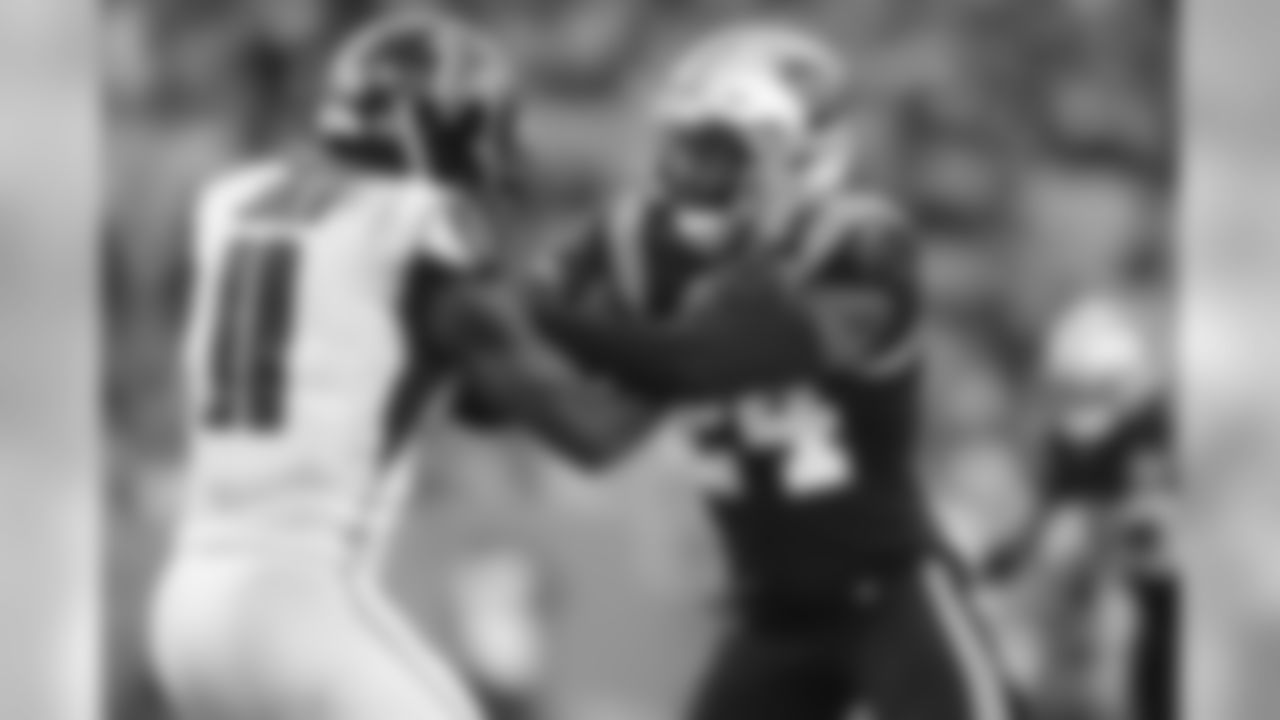
CB James Bradberry
(AP Photo/Brian Blanco)

CB James Bradberry
(AP Photo/Butch Dill)

CB James Bradberry
(AP Photo/Charles Krupa)

LB Blake Martinez
(AP Photo/Rick Osentoski)
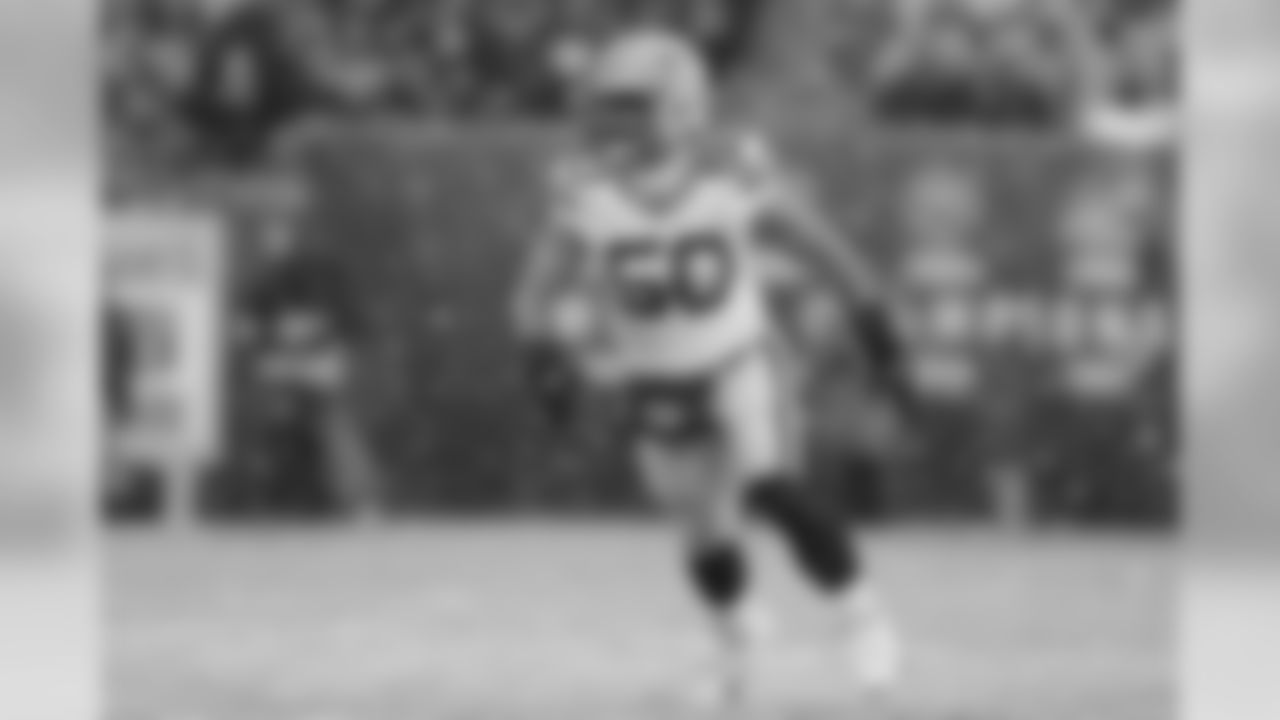
LB Blake Martinez
(AP Photo/Steve Luciano)
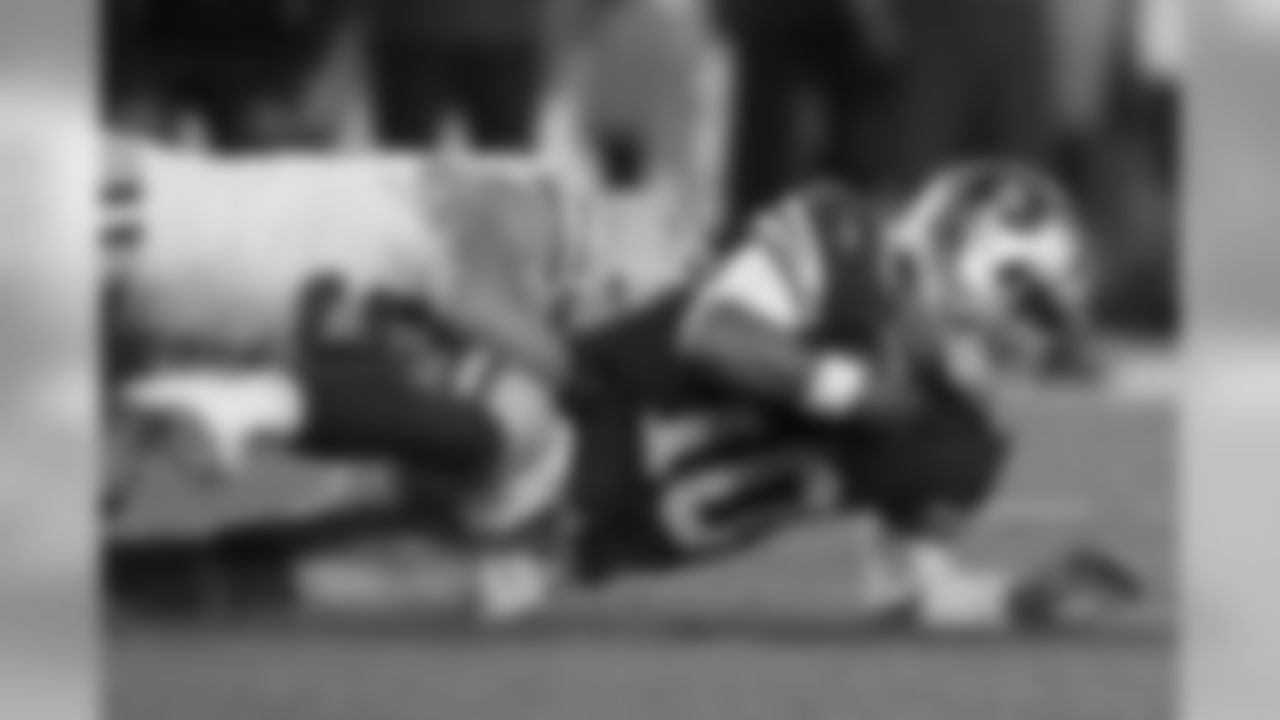
LB Blake Martinez
(AP Photo/Tony Avelar)
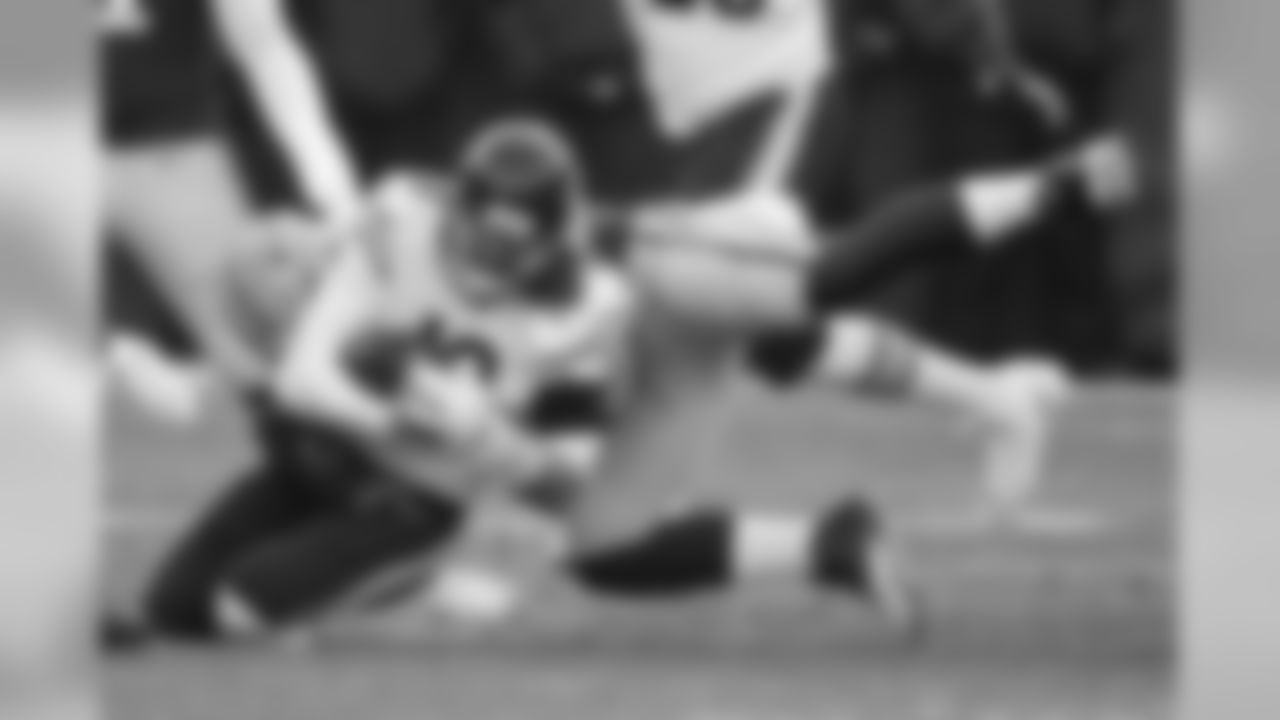
LB Blake Martinez
(AP Photo/Mike Roemer)

LB Blake Martinez
(AP Photo/Mark J. Terrill)

LB Kyler Fackrell
(AP Photo/Mike Roemer)
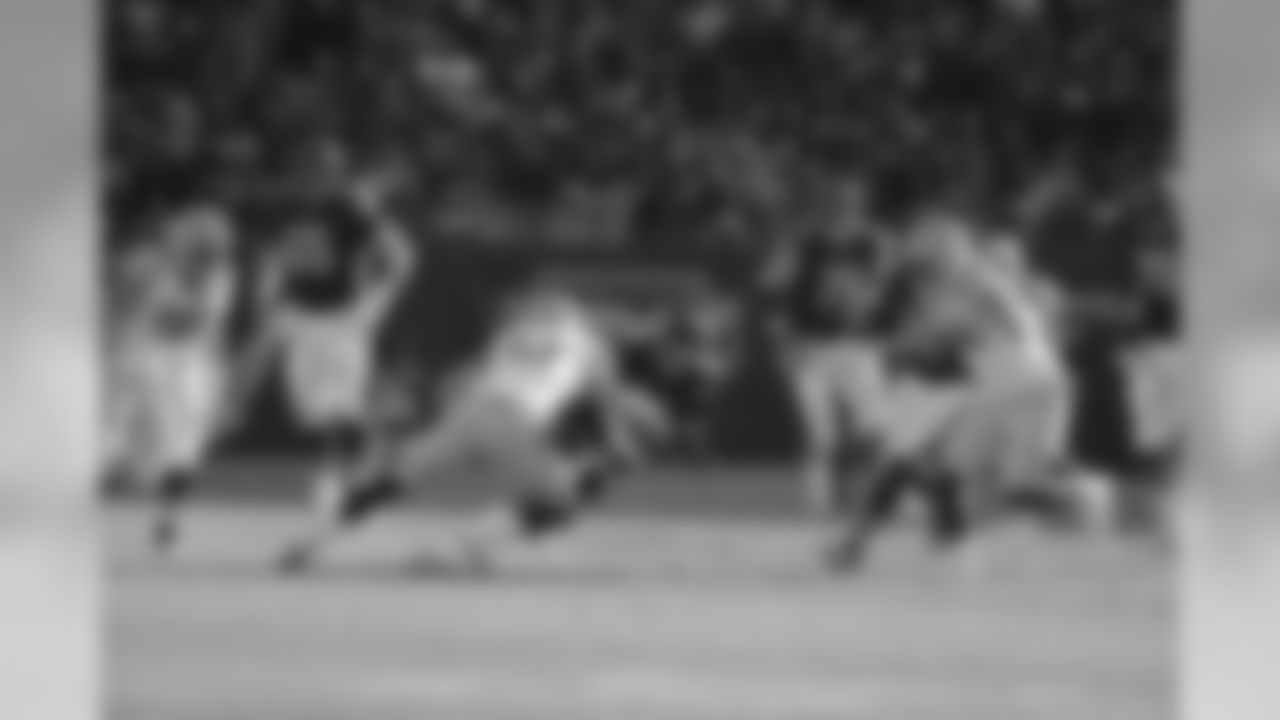
LB Kyler Fackrell
(AP Photo/Nam Y. Huh)

LB Kyler Fackrell
(AP Photo/Morry Gash)

LB Kyler Fackrell
(AP Photo/Elaine Thompson, File)

LB Kyler Fackrell
(AP Photo/Bill Kostroun)
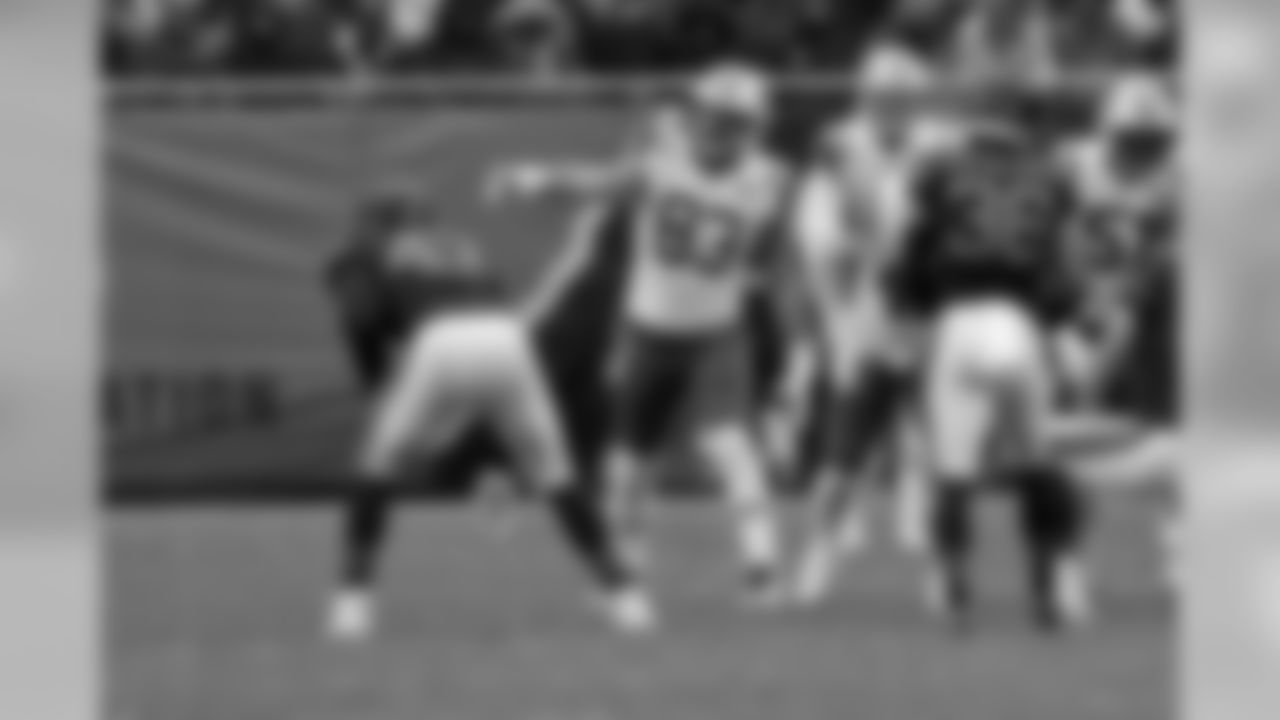
TE Eric Tomlinson
(AP Photo/Matt Marton)

TE Eric Tomlinson

TE Eric Tomlinson

TE Eric Tomlinson
(AP Photo/Adam Hunger)
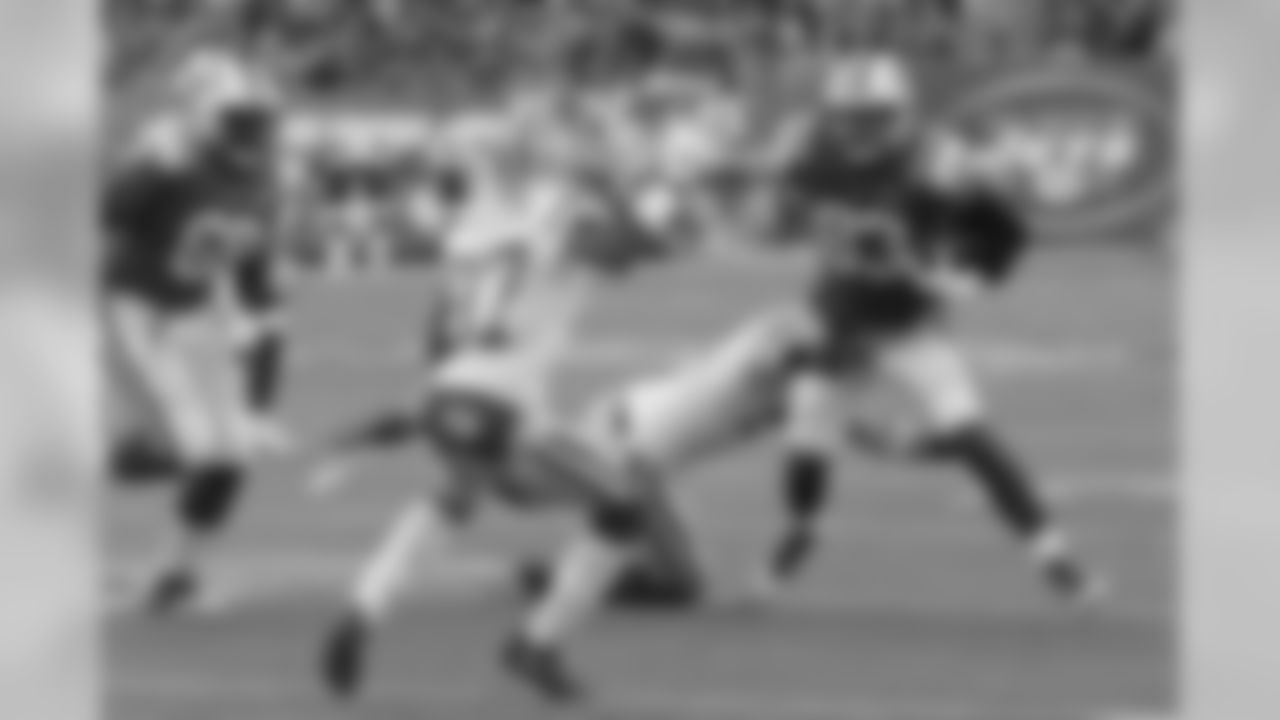
TE Eric Tomlinson
(AP Photo/Bill Kostroun)

OT Cameron Fleming
(AP Photo/Josie Lepe)
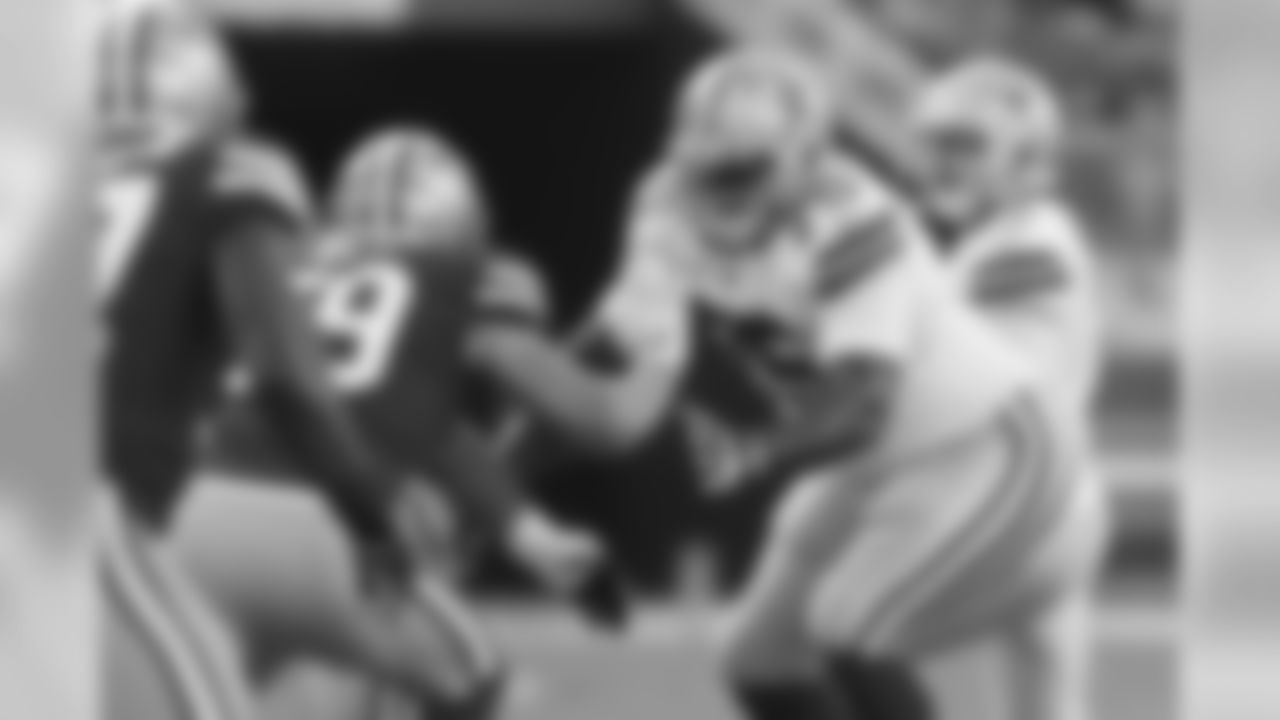
OT Cameron Fleming
(AP Photo/Josie Lepe)
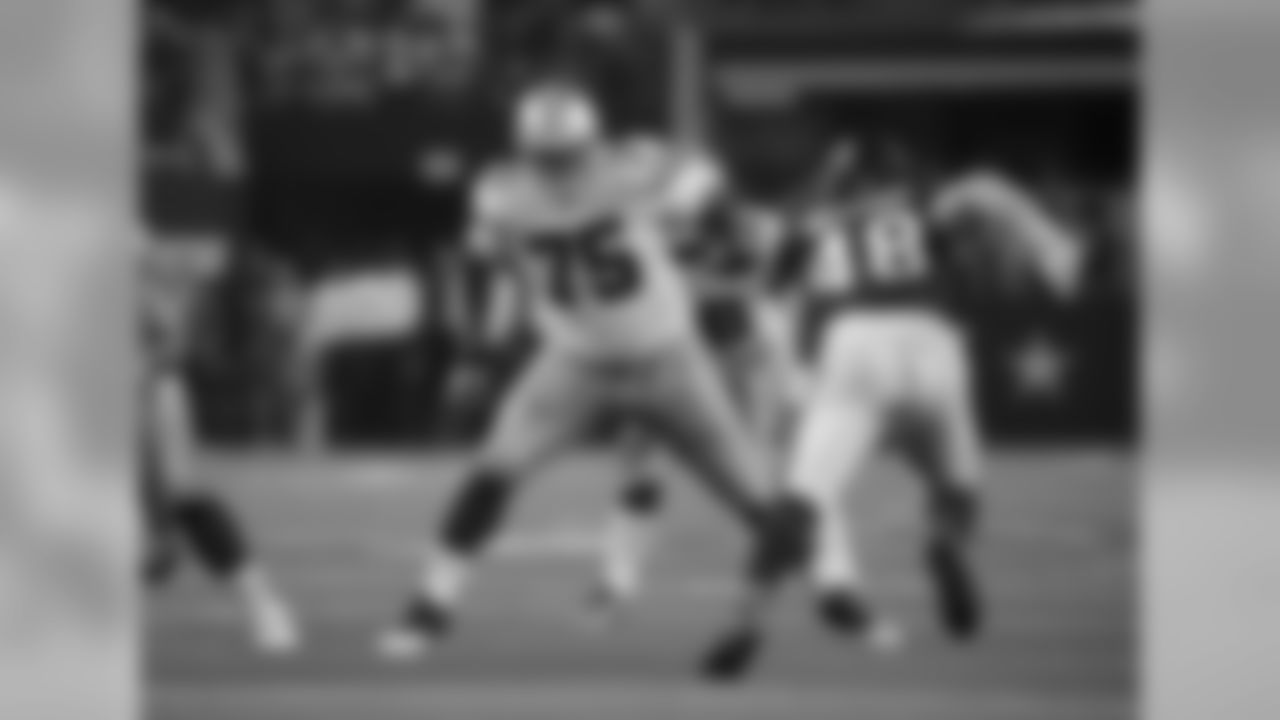
OT Cameron Fleming
(AP Photo/Michael Ainsworth)

OT Cameron Fleming
(AP Photo/Roger Steinman)

OT Cameron Fleming
(AP Photo/Roger Steinman)

S/STS Nate Ebner
(AP Photo/Charles Krupa)

S/STS Nate Ebner
(AP Photo/Mike McCarn)

S/STS Nate Ebner
(AP Photo/Elise Amendola)
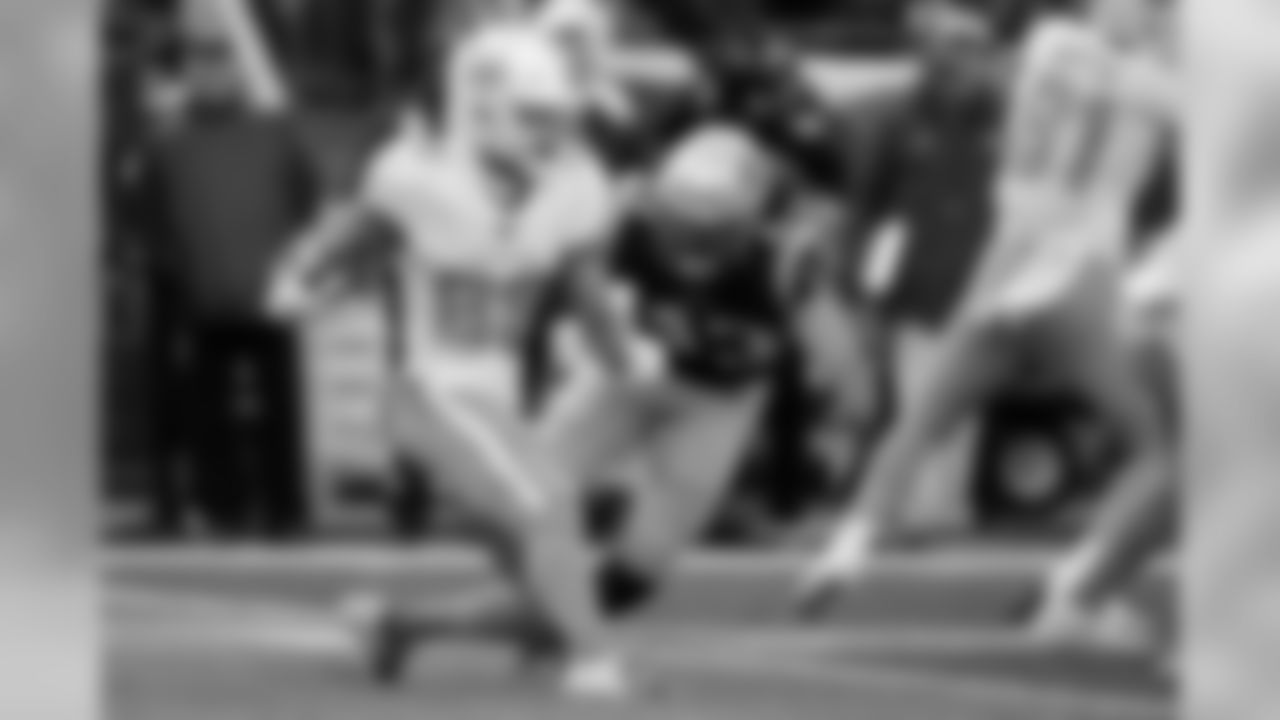
S/STS Nate Ebner
(AP Photo/Elise Amendola)

S/STS Nate Ebner
(AP Photo/Steven Senne)

QB Colt McCoy
(AP Photo/Nick Wass)

QB Colt McCoy
(AP Photo/Nick Wass)

QB Colt McCoy
(AP Photo/Nick Wass)

QB Colt McCoy
(AP Photo/Michael Ainsworth)

QB Colt McCoy
(AP Photo/Nick Wass)

DL Austin Johnson
(AP Photo/Michael Ainsworth)

DL Austin Johnson
(AP Photo/Nick Wass)

DL Austin Johnson
(AP Photo/Jack Dempsey)
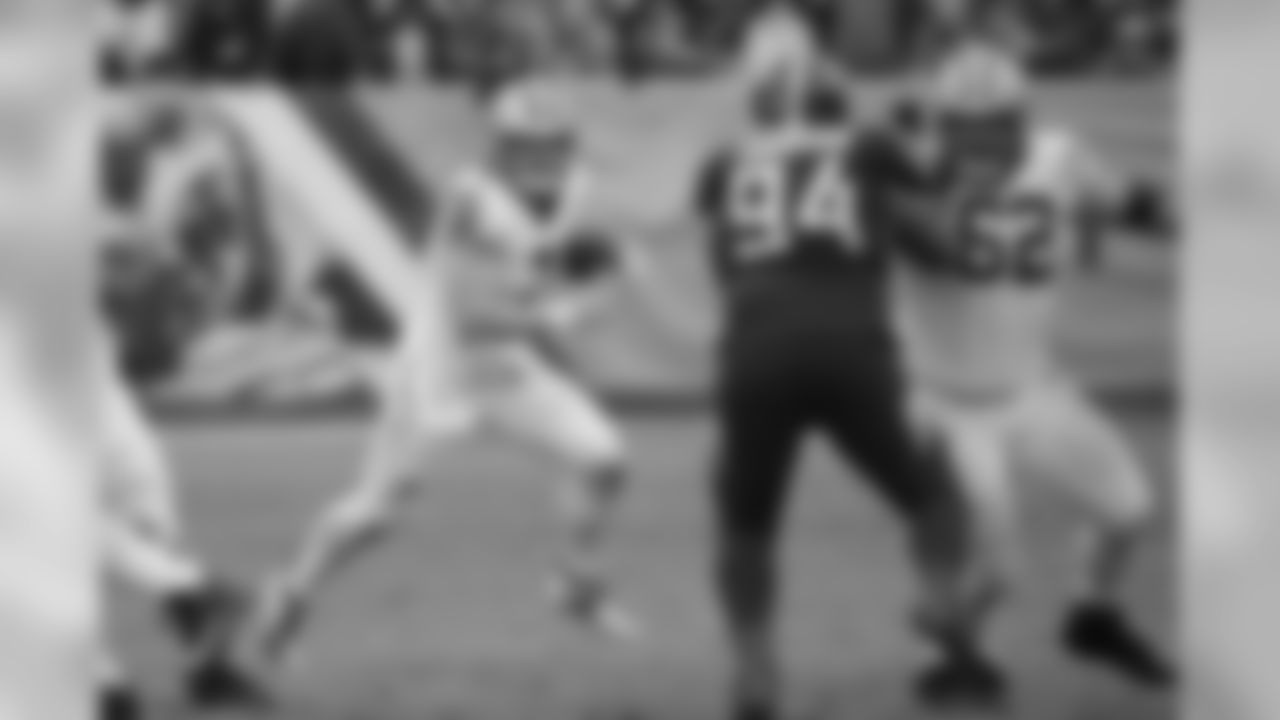
DL Austin Johnson
(AP Photo/James Kenney)

DL Austin Johnson
(AP Photo/James Kenney)
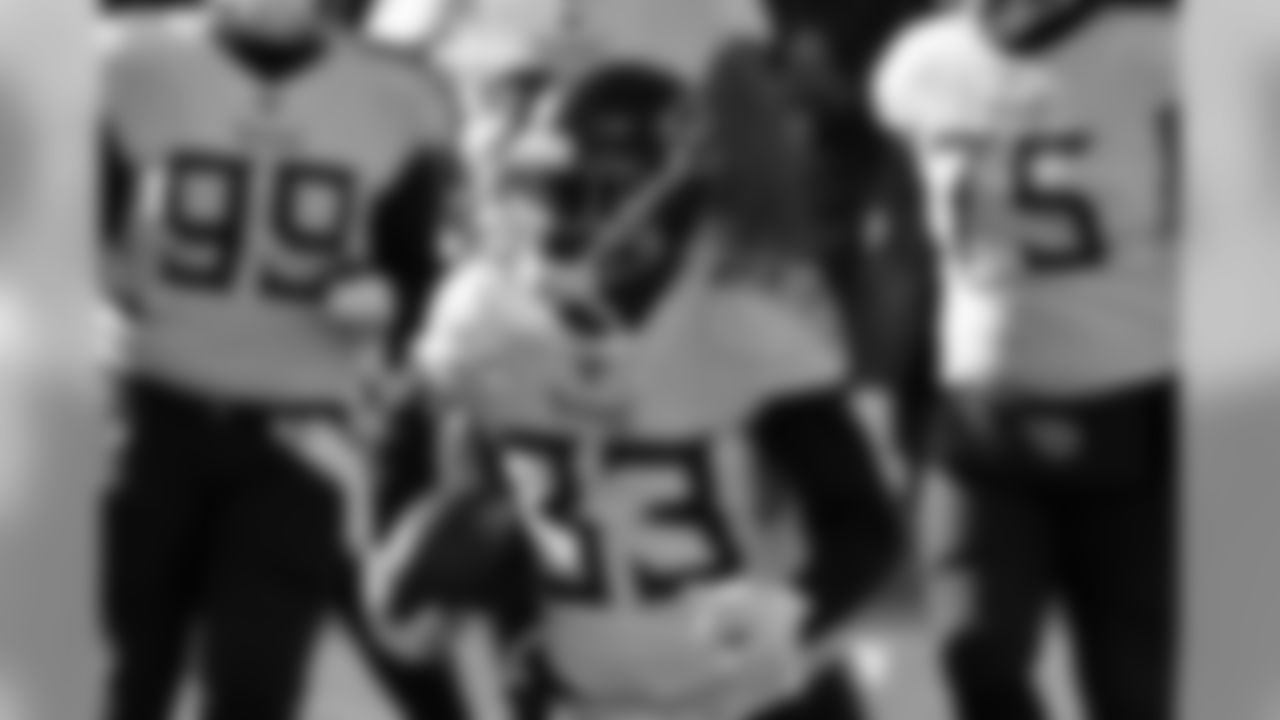
RB Dion Lewis
(AP Photo/Ed Zurga)
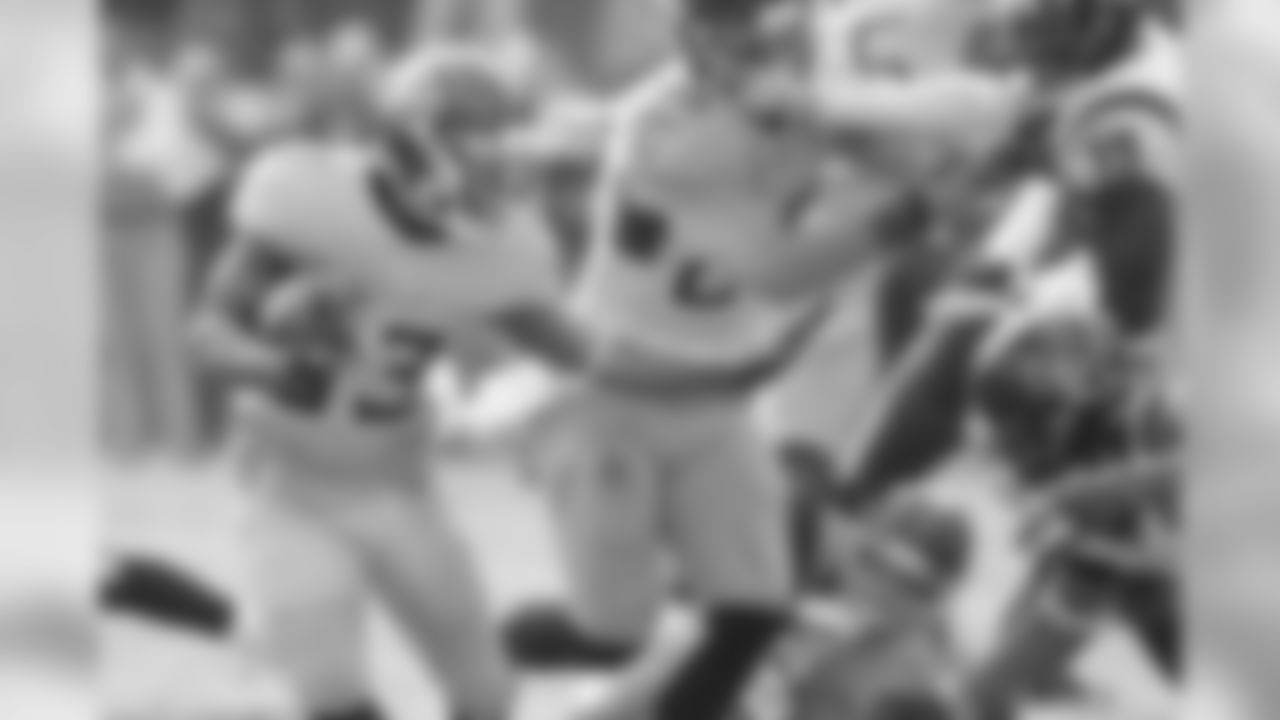
RB Dion Lewis
(AP Photo/Mark Zaleski)
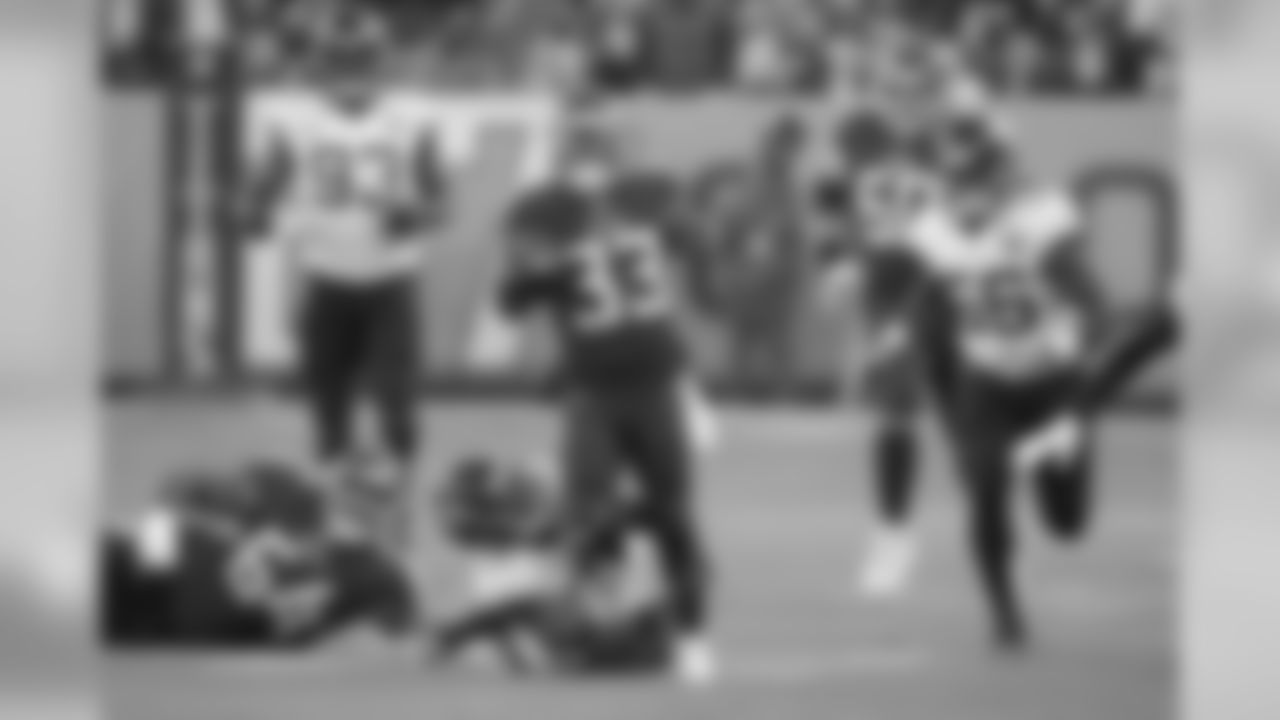
RB Dion Lewis
(AP Photo/James Kenney)

RB Dion Lewis
(AP Photo/James Kenney)

RB Dion Lewis
(AP Photo/Brian Blanco)

LS Casey Kreiter
(AP Photo/Jack Dempsey)

LS Casey Kreiter
(AP Photo/David Zalubowski)

LS Casey Kreiter
(AP Photo/Jack Dempsey)

LS Casey Kreiter
(AP Photo/Rick Scuteri)
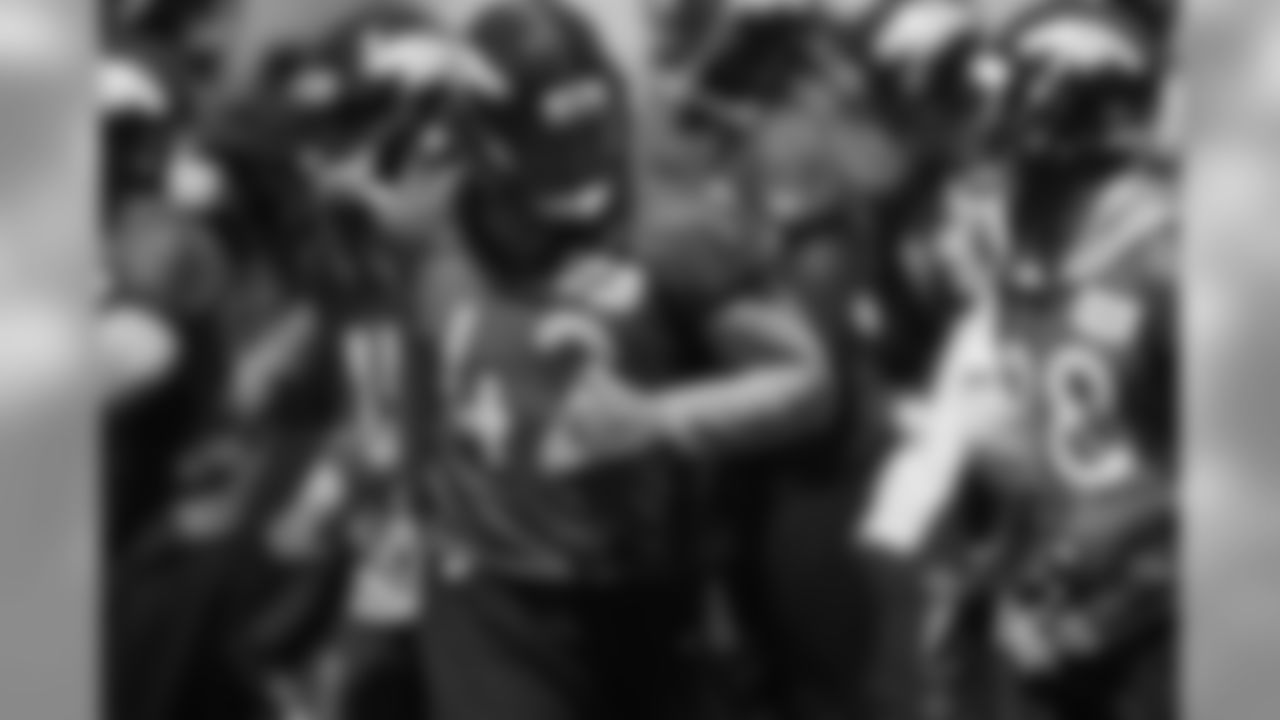
LS Casey Kreiter
(AP Photo/David Zalubowski)

WR Corey Coleman
(AP Photo/Darron Cummings)
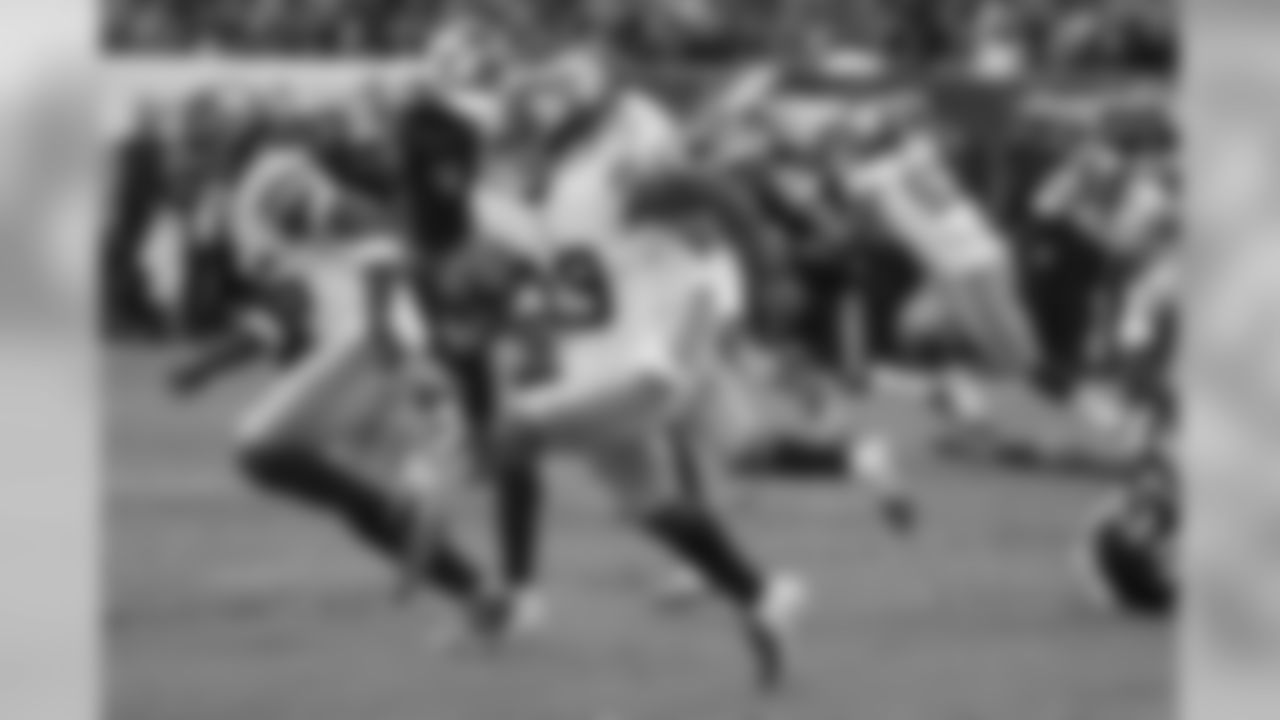
WR Corey Coleman
(AP Photo/Chris Szagola)

WR Corey Coleman
(AP Photo/Nick Wass)
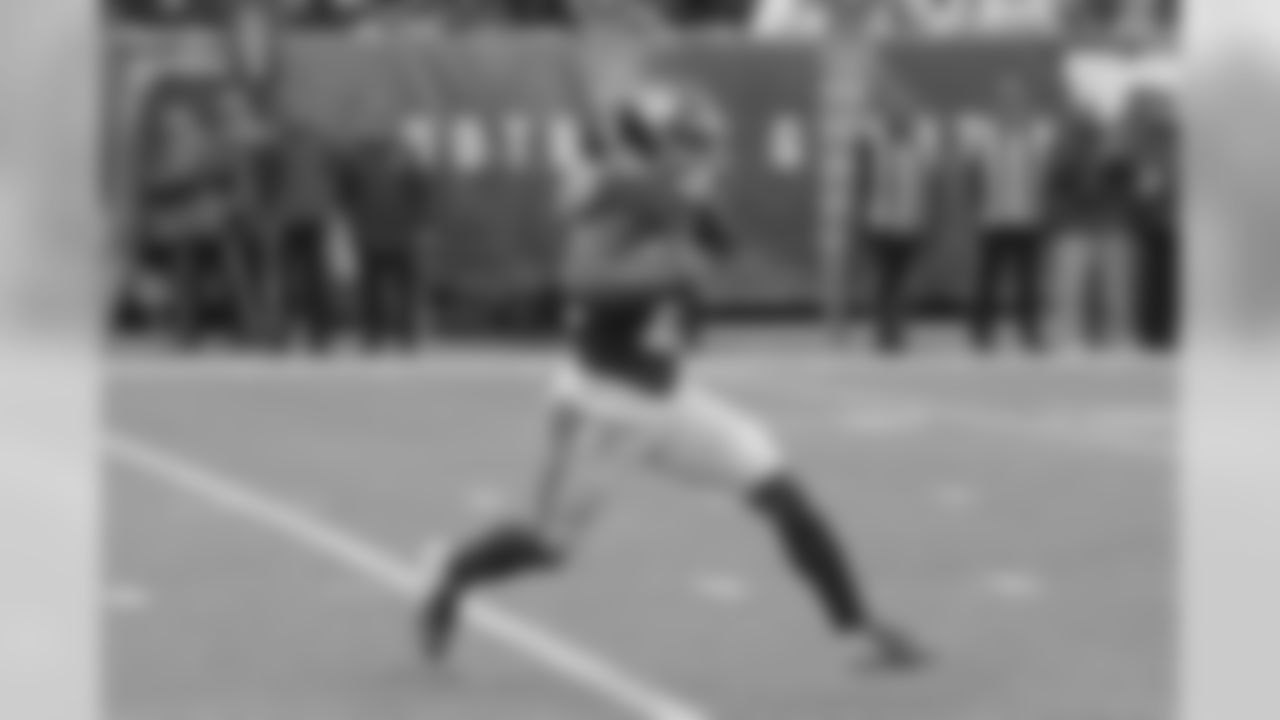
WR Corey Coleman
(AP Photo/Bill Kostroun)
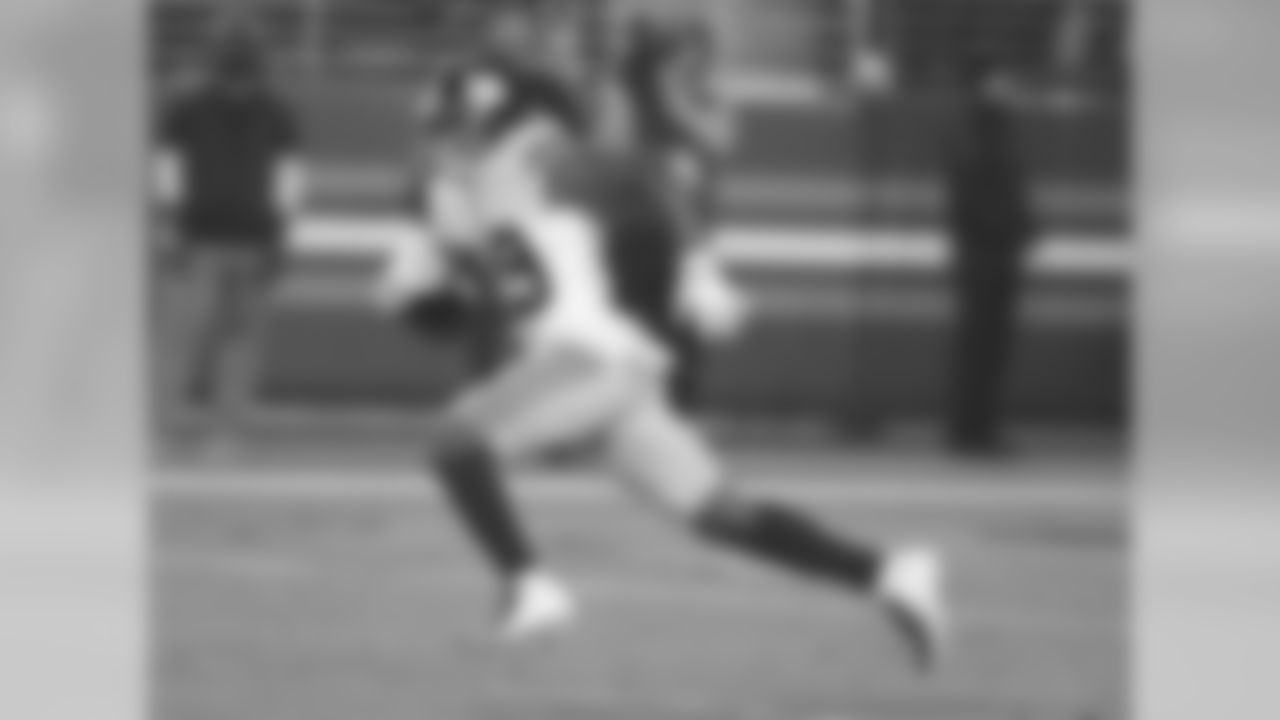
WR Corey Coleman
(AP Photo/Tony Avelar)

WR Cody Core
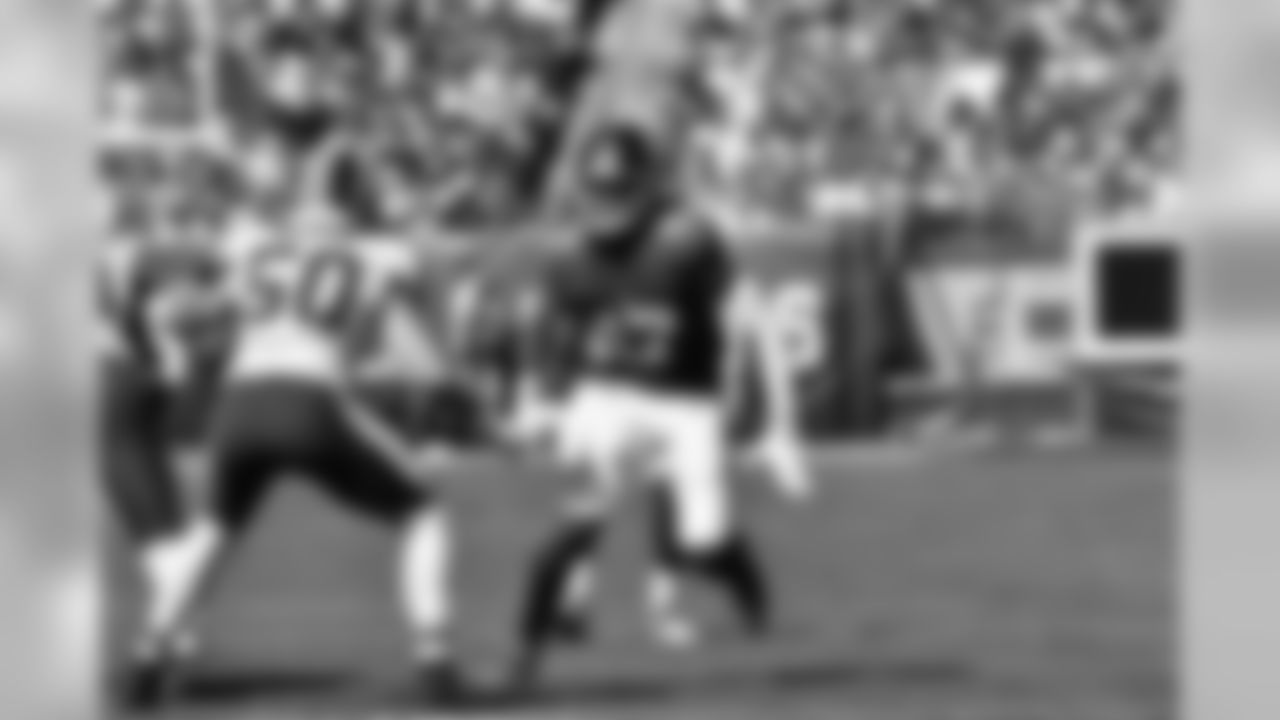
WR Cody Core

WR Cody Core

WR Cody Core
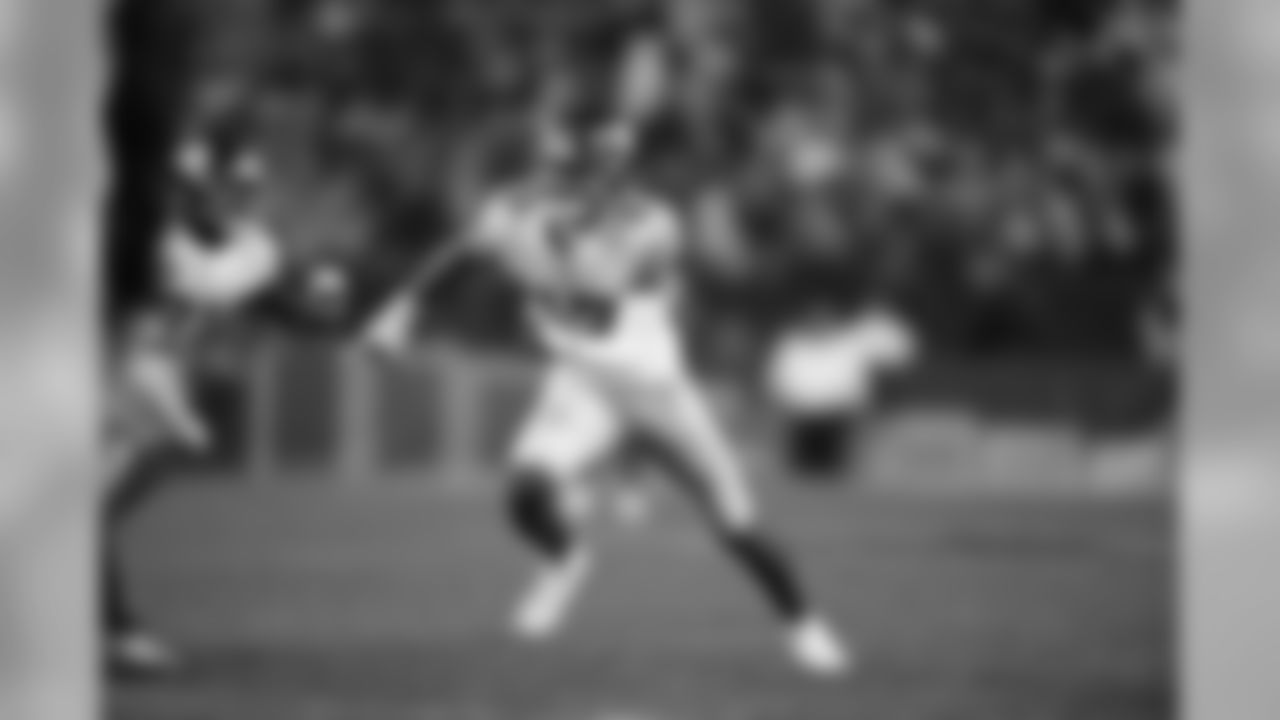
WR Cody Core
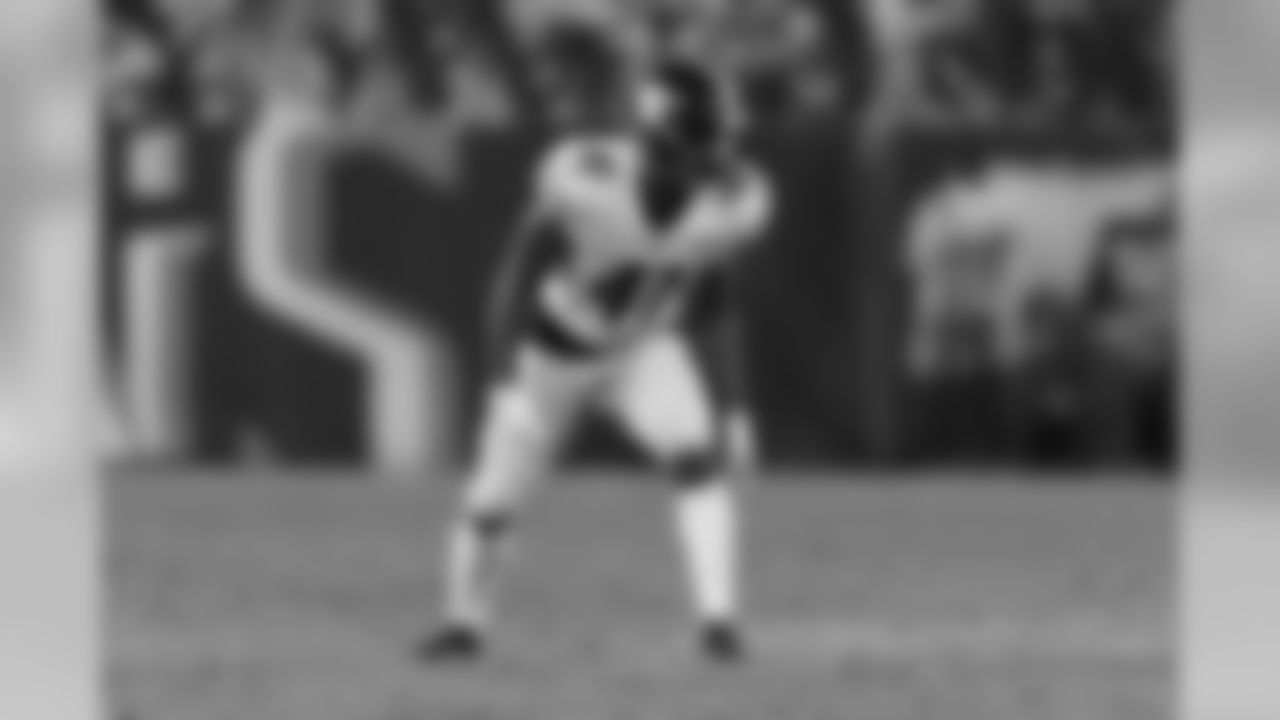
DB Dravon Askew-Henry (41)
(Ryan Kang via AP)

DB Dravon Askew-Henry
(AP Photo/James Kenney)

DB Dravon Askew-Henry (41)
(Scott Boehm via AP)

DB Dravon Askew-Henry (41)
(Ryan Kang via AP)
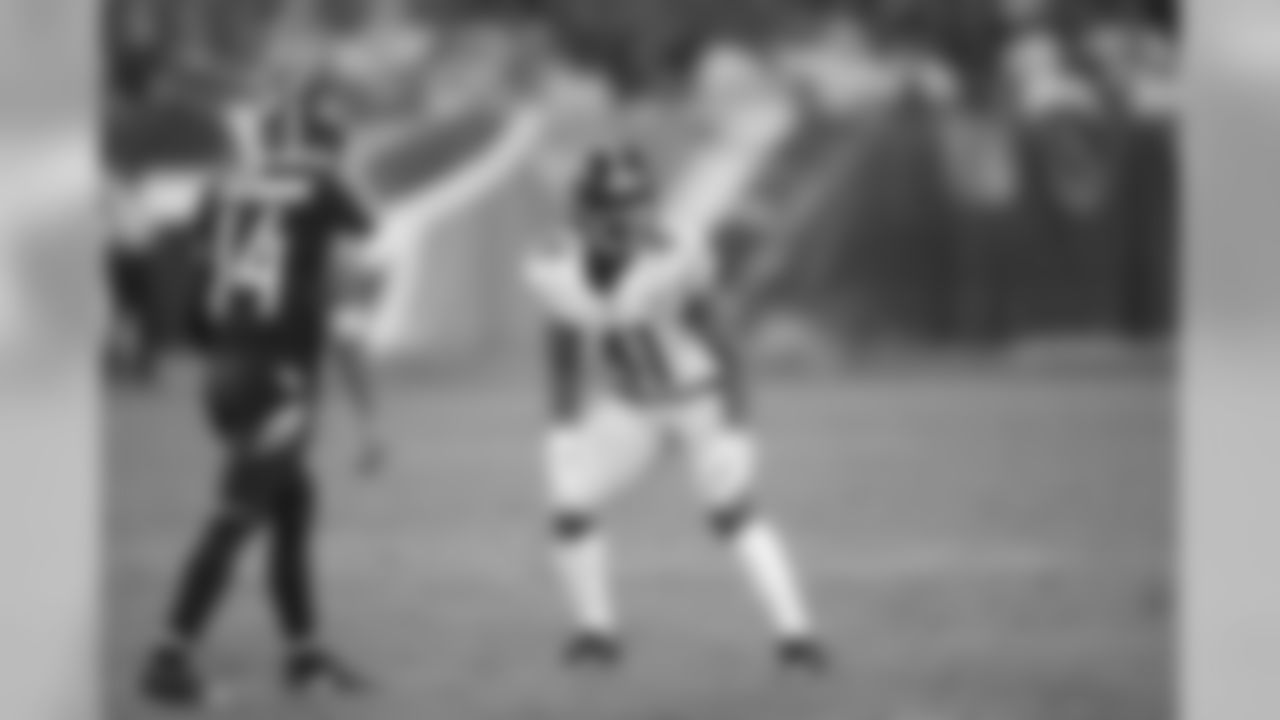
DB Dravon Askew-Henry (41)
(Joe Robbins via AP)







